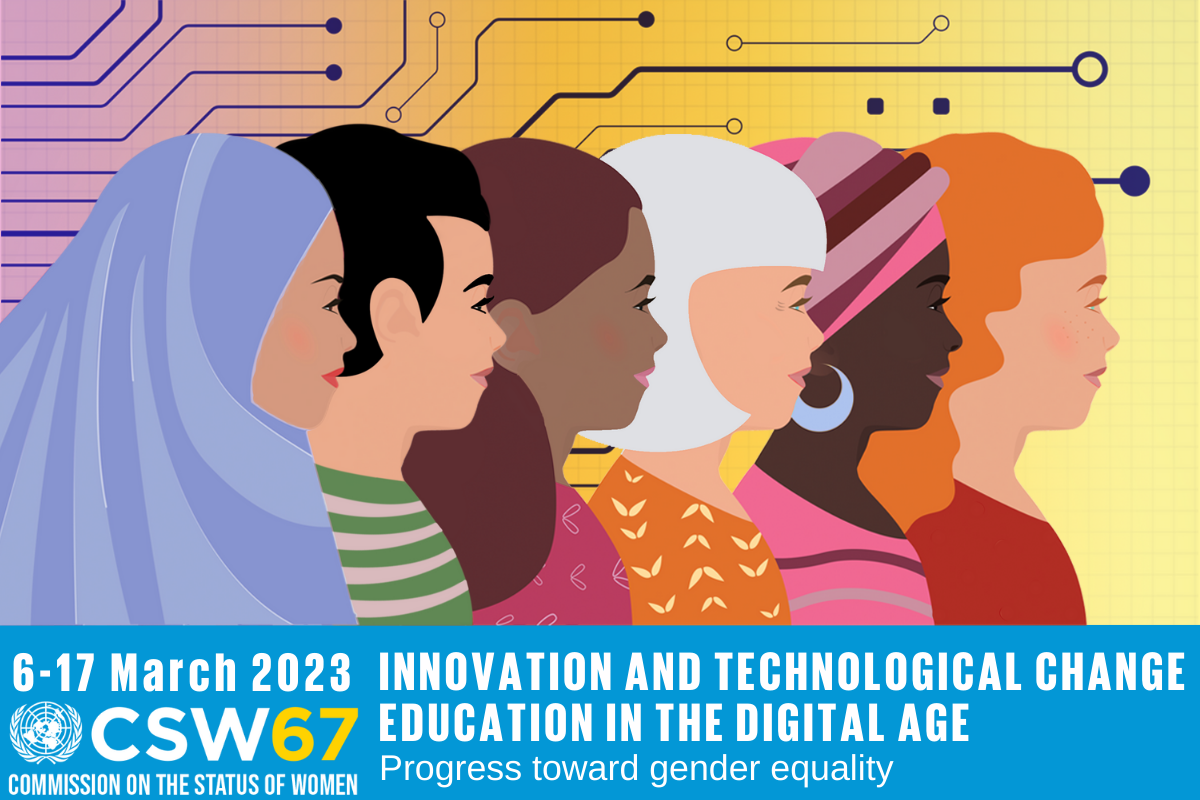The sixty-seventh session of the Commission on the Status of Women, which took place from 6 to 17 March 2023 in New York, was the first in the Commission’s history to have a specific focus on gender equality and digital technologies.
Representatives of Member States, UN entities, and ECOSOC-accredited non-governmental organisations (NGOs) from all regions of the world were invited to contribute to the session and to the shaping of an open, safe, and equal digital future for all women and girls.
A series of side events focused specifically on ending online gender-based violence, such as a session on “Ending online GBV: how feminist approaches create inclusive online spaces".
Ms Sima Bahous, UN Under-Secretary-General and Executive Director of UN Women, praised that “this year’s Agreed Conclusions are game-changing and bring forward our vision of a more equal and connected world for women and girls in all their diversity.”
- Watch Chair’s message: Chair's message for the 67th session of the Commission on the Status of Women - YouTube (video)
- Read full closing statement: CSW67 closing statement: Game-changing Agreed Conclusions for a more equal and connected world for women and girls | UN Women – Headquarters
- Read the agreed conclusions: E/CN.6/2023/L.3 (undocs.org)
- CSW67 (2023) | UN Women – Headquarters
- UNESCO highlights initiatives to close the gender gap in the digital realm at CSW67 | UNESCO




